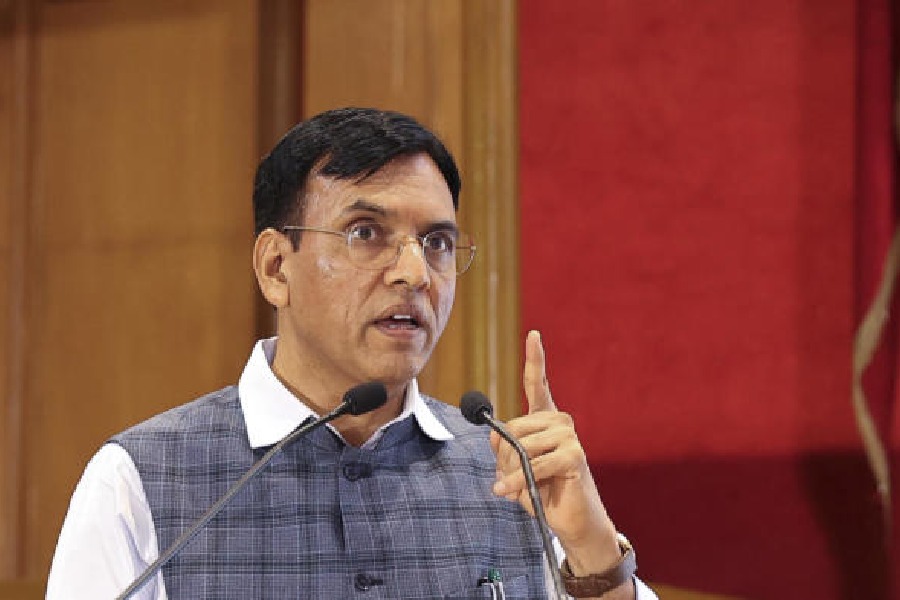The National Sports Governance Bill 2025 has proposed significant changes to the electoral procedures of the national sports federations (NSFs).
Sports minister Mansukh Mandaviya will table the Bill in the Parliament on Wednesday.
The term limits for the office-bearers will see a change when the bill is passed in the parliament. Chapter II of the bill, which deals with the national sports bodies, says: "Provided that a person may continuously hold the position of either the President or the Secretary General or the Treasurer, as the case may be, for up to three consecutive terms separately, or in combination thereof and shall be eligible for election to the Executive Committee after a mandatory cooling off period of one term; the nomination of such person is duly proposed and seconded by a voting member of the General Body; such person is not declared to be of unsound mind; such person complies with the International Charters and Statutes and bye-laws relating to age and term of the Executive Committee: Provided that such person shall not be more than seventy years of age on the last date of nomination for election: Provided further that any person, aged between seventy and seventy-five years, may contest elections or seek nominations, if permitted by the International Charters and Statutes and the bye-laws and in case such person is elected, he shall serve for a full term."
This is a major shift from the previous sports codes. The new bill gives no overall limit to the number of terms a person can serve if he/she follow the cooling-off period.
The rationale behind this is to have more Indian sports administrators on the world bodies of different disciplines.
The Telegraph, in its June 22 edition, had reported on the contents of the draft bill where the term limits for the office bearers were not mentioned. This was incorporated at a later date.
The final bill, however, did not make any change to the "qualification to contest for the election". As reported by this paper, this makes All India Football Federation president Kalyan Chaubey ineligible if he wishes to seek re-election.
It says "A person shall not be qualified to contest for election or seek nomination to, the Executive Committee, unless... such person is a sportsperson of outstanding merit or, has previously served as a member of the Executive Committee for at least two full terms, if such person is contesting election for the position of the President or the Secretary General or the Treasurer..."
The former goalkeeper has not served two terms on the executive committee and did not earn a national cap despite being in the India squad during his playing days. Thus, he cannot be deemed a sportsperson of outstanding merit.
The AIFF elections hold interest vis-à-vis the sports administrators since it will be one of the first NSFs to have a direct impact once the bill is enacted.
On April 30, the Supreme Court had reserved its verdict on the issue of finalisation of the federation's draft constitution prepared by former apex court Judge L Nageswara Rao.
A bench, comprising Justices Pamidighantam Sri Narasimha and Joymalya Bagchi, had heard a host of senior lawyers before reserving judgment.
Should the Supreme Court order precede the passage of the National Sports Governance Bill 2025, the apex court's stipulated constitutional provisions will govern the eligibility conditions for the AIFF office-bearers' elections.
However, if the Bill is enacted, the AIFF constitution must adopt its provisions, and the Bill will supersede any conflicting clauses within the AIFF constitution.
Apart from other changes, the new Sports bill has also capped the maximum number of members in an executive committee at 15. Two positions within the executive committee are now mandated for sportspersons of outstanding merit, and two members from the athletic commission will be elected to the executive committee.
This is done to enhance more players' representation in the NSFs.

